The epigraph Peter Burke has chosen to open his new history of worldwide ignorance is ripped from a political debate. It’s Brazil, 1989, and the presidential incumbent is decrying the high cost to the state of his government’s investment in education. His challenger shoots back:
“Education isn’t expensive. What’s expensive is ignorance!”
A professor emeritus at the University of Cambridge, Burke has written more than 30 books, including histories of the Italian Renaissance. A friend of his suggested he present his publishers with a sheaf of blank pages as his submission for this one, but thank goodness he didn’t. What he’s delivered instead is like A Guinness Book of World Stupid. The 15 chapters of “Ignorance: A Global History” (Yale University Press) are rich with examples of “duh!” and “d’oh!” across dozens of subjects (politics, war, business) and stories of hundreds of people through about five centuries from all around the globe — plus scores of footnotes and a bibliography that may help to spare us from finding ourselves mentioned in the next edition.
The growing importance of the absence of knowledge in all aspects of our lives is undeniable.
As we look at the news, it’s hard to imagine that our present moment in time can be beat. But Burke tells us that “every age is an age of ignorance.” That’s because the expansion of our collective knowledge is “not,” as he gently puts it, “reflected in the knowledge of most individuals.” It’s also because, “in every age, the rise of some knowledges is accompanied by the loss of others.” The rapid expansion of information in society — in any age, including our own — does not imply an equivalent “growth of knowledge.” And that’s because, as we have come to learn, many of the most powerful entities in society — governments, big businesses — “conceal an increasing amount of the information they collect.”
The tragedy is that the antidotes to ignorance are so close by. Knowledge is so often withheld, and reason and rational thinking so very often quashed, on purpose by people in power who are seeking to perpetuate injustice, inequality, dependence, and captivity. Like the proverbial frog in the pot of water, we don’t notice the water temperature rising. But we should. Rupert Murdoch’s forces consolidate; Elon Musk takes over Twitter; Jeff Bezos controls Amazon and the Washington Post; television, radio, and academic journal owners consolidate; and then NPR lays off its staff. The structure of these curious knowledge systems that have been built around us need some more explaining.
Books have been rolling off the presses now and in recent years about systematic efforts to keep us stupid — books with titles like Angus Burgin’s “The Great Persuasion;” Kurt Anderson’s “Fantasyland;” Amitav Ghosh’s “The Great Derangement;” Jacob S. Hacker and Paul Pierson’s “American Amnesia;” and this year, Naomi Oreskes and Erik M. Conway’s “The Big Myth.” They try to explain who installs in our heads the thought paradigms we carry — the myths, amnesia, fantasies, derangements, and persuasions — so many of which are systematically orchestrated to keep us in the dark.
Behind some of this, as Burke begins to touch on, are the commercial interests of the fossil fuel industry, drug manufacturers, big tobacco, the gun lobby — yuckadoo. The great challenge in the years ahead may be to understand the active efforts that intend to make us ignorant and to see who underwrites them. Who pays for and runs the schools, the sermons, the newspapers, journals, textbooks, think tanks, television and radio programs, and now all the social media work? Who lobbies for it all? And why? Do we know? We should know.
Add up the cancers, the murders, the overdoses, the pollution.
Ignorance is expensive.
Peter B. Kaufman lives in Lakeville and works at MIT Open Learning and is the author of “The New Enlightenment and the Fight to Free Knowledge.”
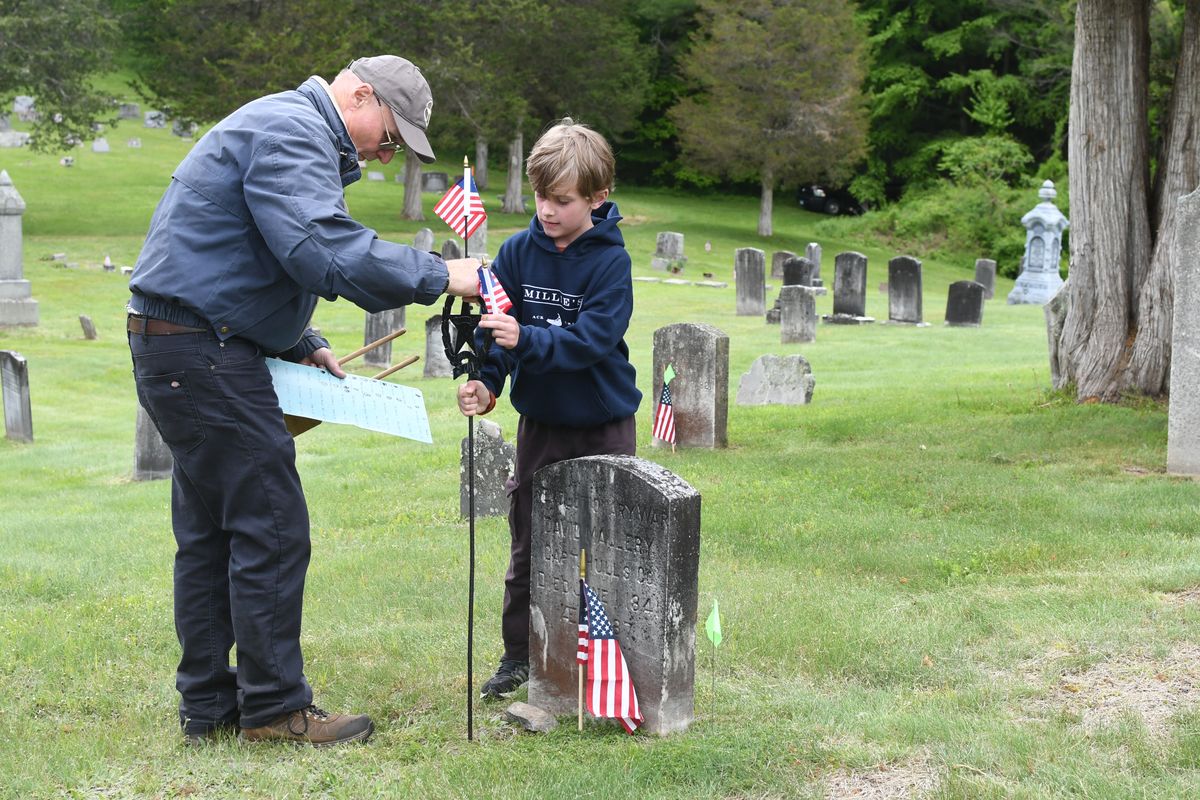
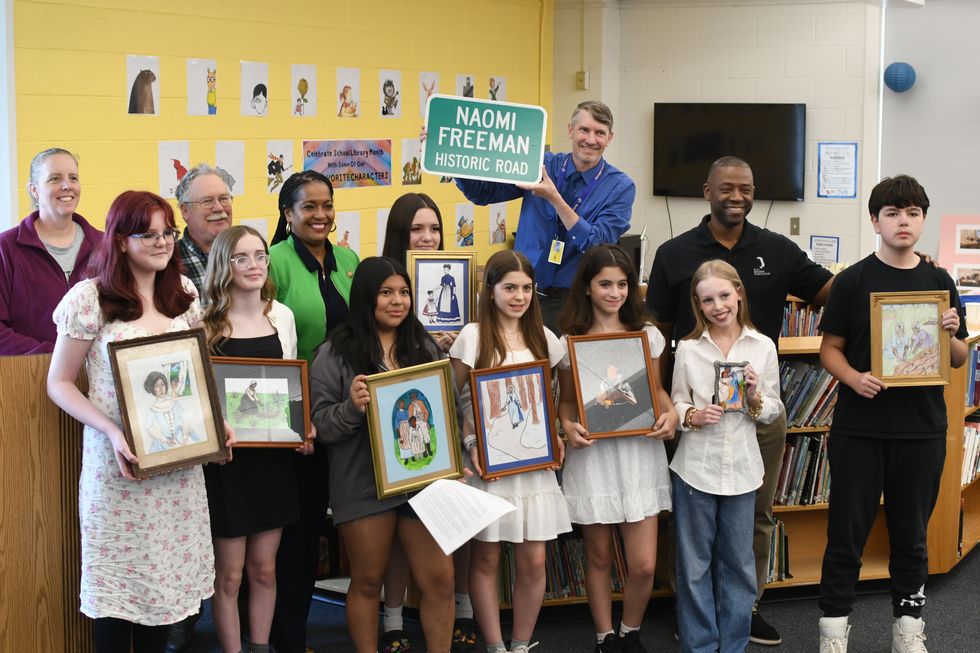 Cornwall Consolidated School seventh graders take part in a project honoring Naomi Freeman, Cornwall’s first Black female landowner,Lakeville Journal
Cornwall Consolidated School seventh graders take part in a project honoring Naomi Freeman, Cornwall’s first Black female landowner,Lakeville Journal
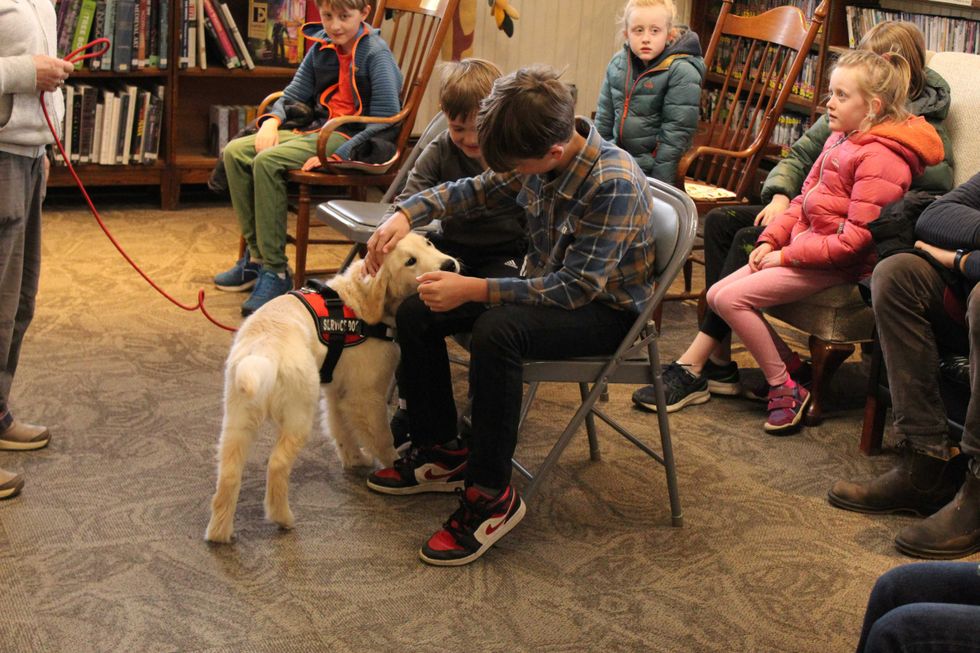 Titan, a four-month-old service dog in training, greeting the Sher brothers, Eli and Noah, at the Hunt Library Wednesday, April 16. By Patrick L. Sullivan
Titan, a four-month-old service dog in training, greeting the Sher brothers, Eli and Noah, at the Hunt Library Wednesday, April 16. By Patrick L. Sullivan A heavily modified 1951 Ford F1 pickup truck on display during the Car and Motorcycle Show in July. By Patrick L. Sullivan
A heavily modified 1951 Ford F1 pickup truck on display during the Car and Motorcycle Show in July. By Patrick L. Sullivan 
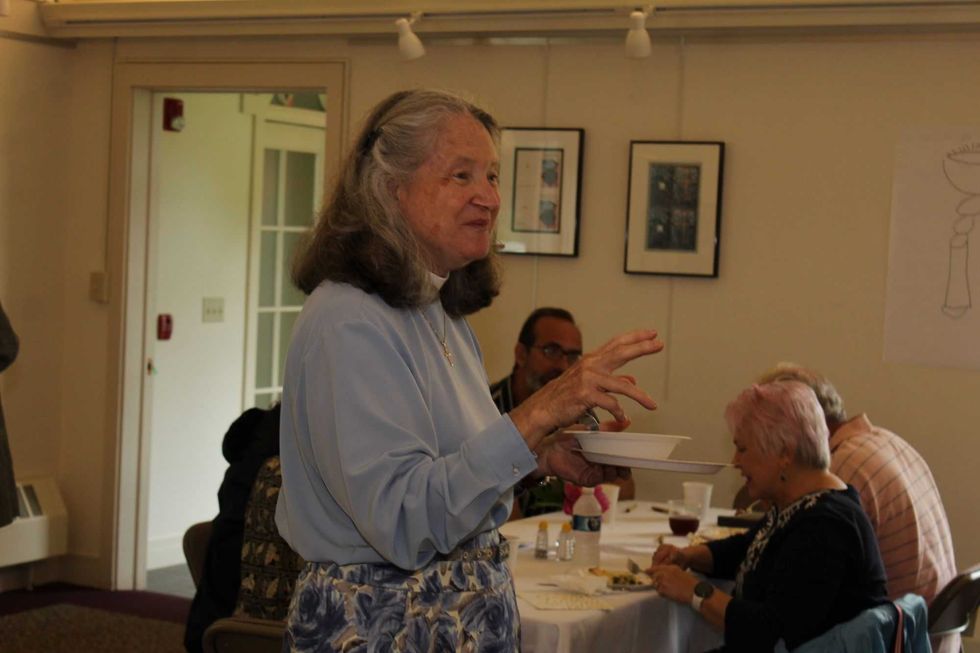 The Rev. Heidi Truax retired after 16 years at the helm of Trinity Episcopal Church in Lime Rock.By Patrick L. Sullivan
The Rev. Heidi Truax retired after 16 years at the helm of Trinity Episcopal Church in Lime Rock.By Patrick L. Sullivan The summer reading program at the Scoville Memorial Library wrapped up Aug. 23 with an emphasis on bubbles. Lots of bubbles.By Patrick L. Sullivan
The summer reading program at the Scoville Memorial Library wrapped up Aug. 23 with an emphasis on bubbles. Lots of bubbles.By Patrick L. Sullivan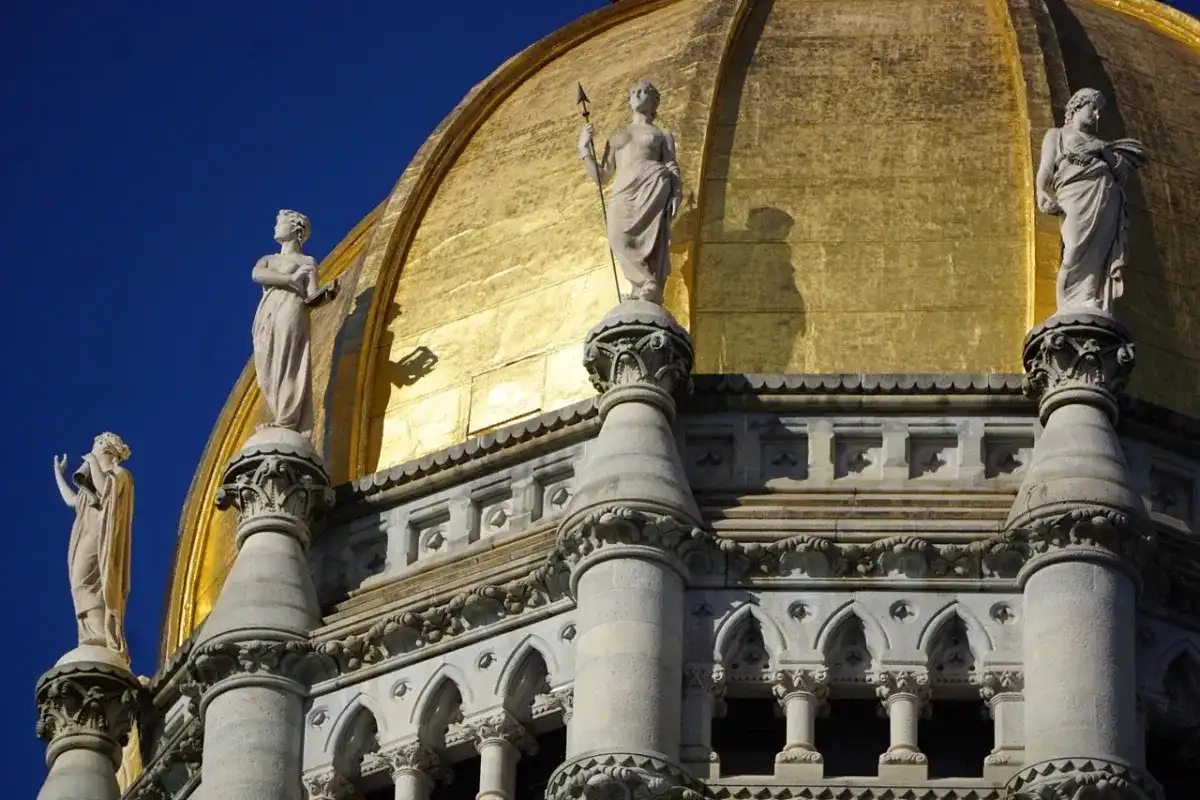

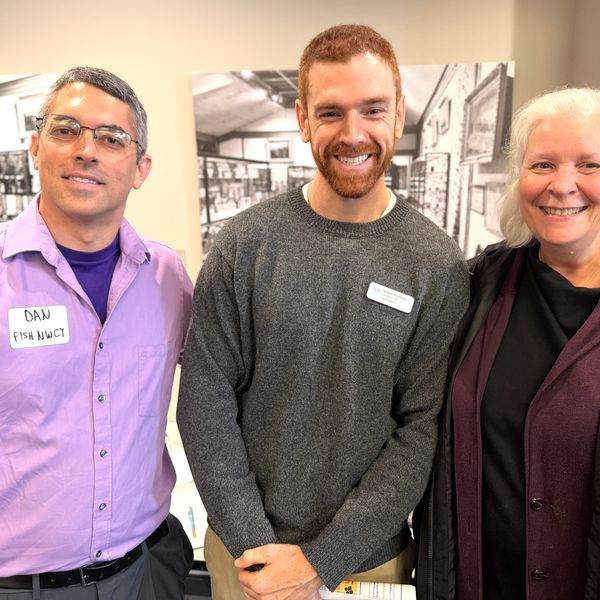


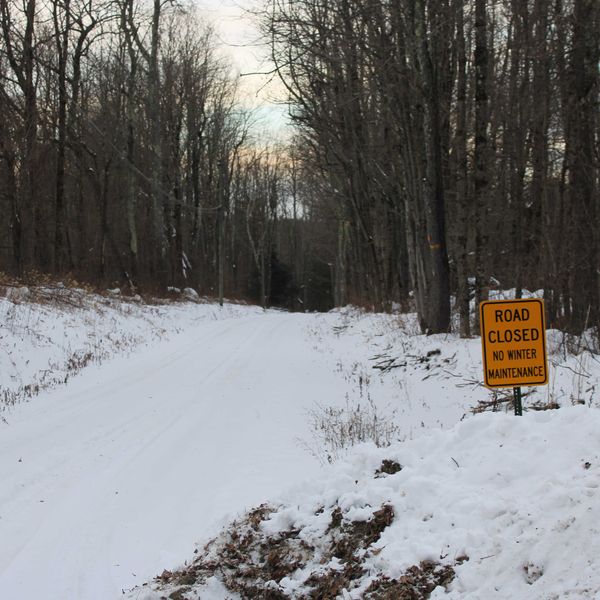
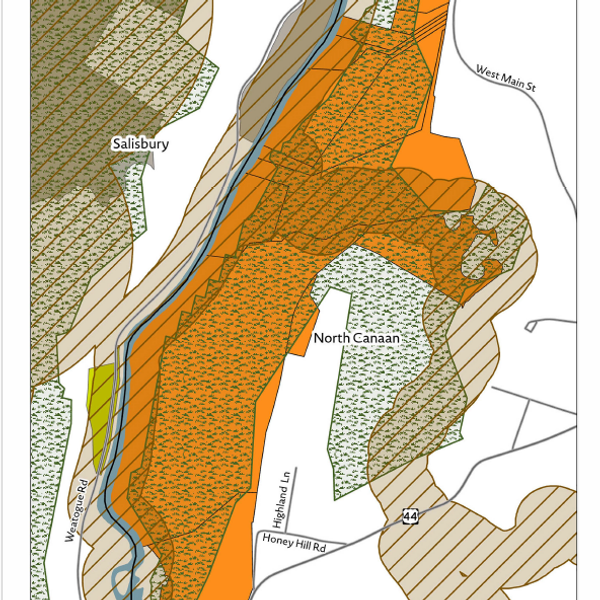
Ignorance: A Global History by Peter Burke